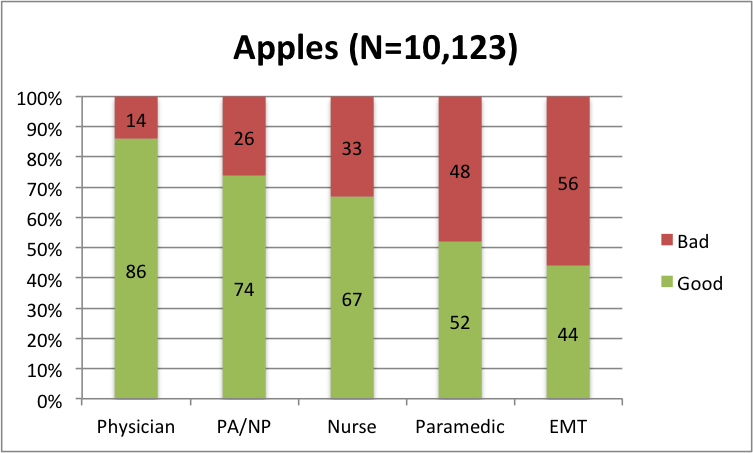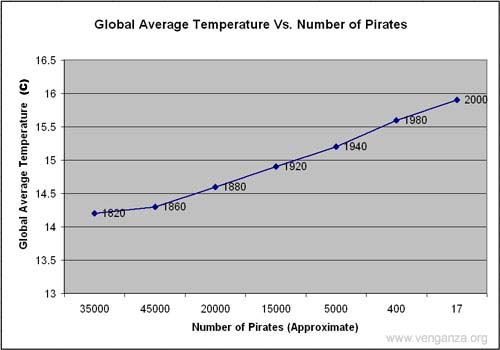JPINFV
Gadfly
- 12,681
- 197
- 63
Your being a little dramatic don't you think? I mean who calls a doc to see if a pt is AA0X4? Thats what a mental assessment is for. And you are saying that using Med Control is a crutch but that is the exception not the rule...
For your reading from this very forum:
'The patient had 1 beer, is A/Ox4, and has capacity, but we need to call medical control just in case' http://emtlife.com/showthread.php?t=25667
Contact medical control to prevent liability: http://emtlife.com/showpost.php?p=49156&postcount=2
Hey, this is completely out of my scope, but maybe medical control will say I can and I won't have any liability over it. http://emtlife.com/showpost.php?p=195714&postcount=46
"There is one advantage to always having to be under a doc. the liability insurance that each medic has is significantly less, as much of the burden can be pushed off on the doc " http://www.emtlife.com/showpost.php?p=201752&postcount=10
I could probably fine many more.
My personal favorite from outside of EMTLife is this gem from a Facebook discussion:
Terry: Oh, let's contact medical control to determine if a patient can film their own treatment because I can't make a decision on this non-medical decision! http://www.facebook.com/jemsfans/posts/234345126617406
most medics use Med Control for what its for....to obtain orders that exceed protocols and/or to get a higher and more educated opinion when the situation requires it. Rarely is it used to 'just get the load off my back' as you are implying....
Again, stick around and it's going to come up sooner or later with someone honestly suggesting it.
It's not that I have a low opinion on what paramedics can be and should be. It's that I think EMS's biggest problem right now is that EMS tends to shoot itself in the foot more often than it actually advances towards the goal of being a paramedic. Until EMS decides that 1000 hours of post secondary training isn't enough and stops saying such stupid things like "EMS doesn't diagnosis" or "just call medical control," then it will continue shooting itself in the foot.


